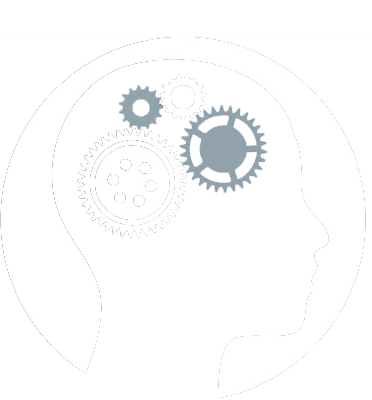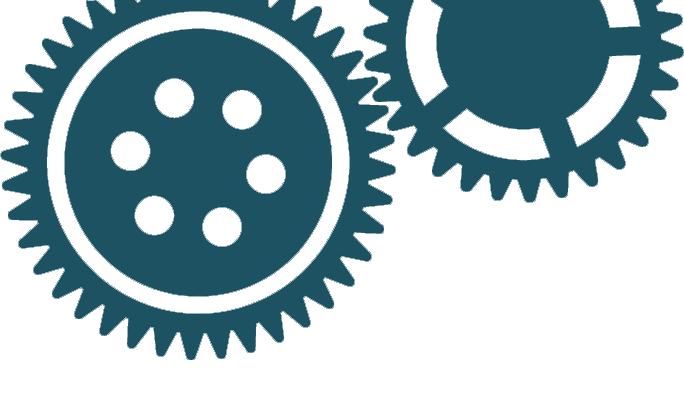Tackling the #infodemic
With concerns about an infodemic of coronavirus disinformation spiralling, what should a school-focused news-literacy project like Lie Detectors do? Since lockdown descended on Europe, our team and journalists quizzed dozens of teachers. What do they need? What do parents want? How are children online at home?
Working with their answers, we have developed and rolled out a distance-learning fact-check format for all levels of digital connectedness, focused on fakes about the coronavirus – from the likes of Putin letting lions prowl Moscow to 5G conspiracies.
Our hands-on exercises provide practical fact-checking tools and encourage students to consider the importance of sorting reliable facts from fakes. We pair teachers and students with our participating journalists so pupils can put their questions directly to professionals who check facts every day. During these videocasts and video-conferences, pupils can explore the role and challenges of ethical journalism in enabling citizens to make informed decisions at this critical time.
Even during lockdown and the difficult transition to partial reopening of schools, feedback from schoolchildren, teachers and even parents has been astonishingly positive. “I could pretend I was a real detective who puzzled and puzzled. It’s very cool,” wrote one 10-year-old in April. “The children feel that they are being taken very seriously,” wrote one teacher. “The parents are delighted,” wrote another. After a few weeks of testing, the format is being integrated into individual curricula and recommended by heads of schools.
While our distance-learning model was prompted by the current pandemic, its potential for reaching children in more remote regions and for embedding digital media literacy in learning modules is great. The call for policies that prioritise this critical digital literacy has never been more timely.
For more information please contact info@lie-detectors.org.



